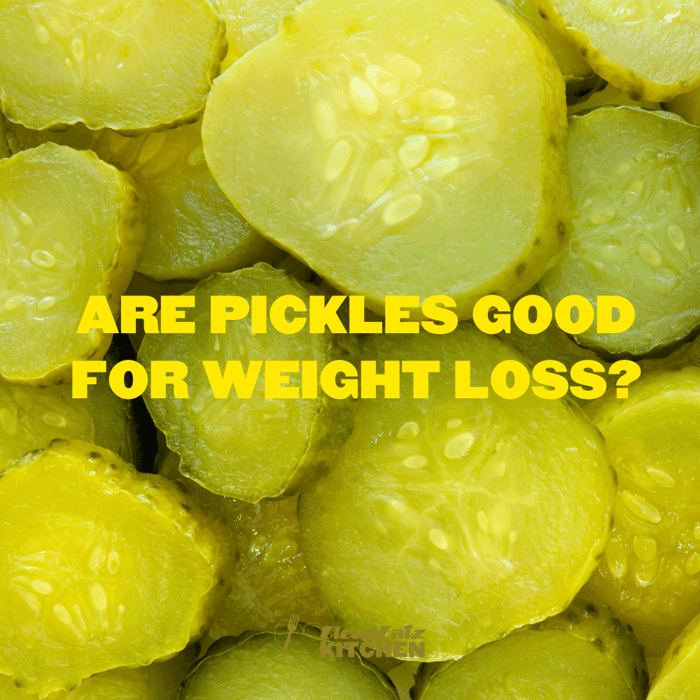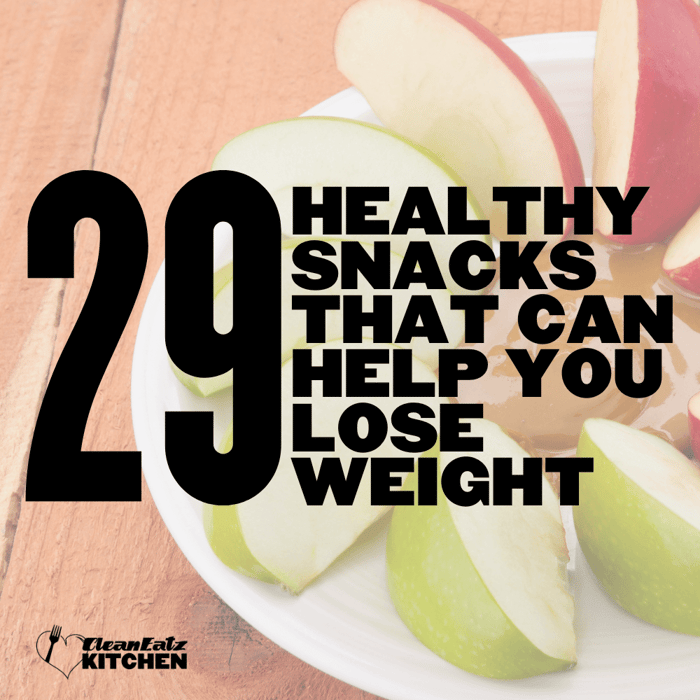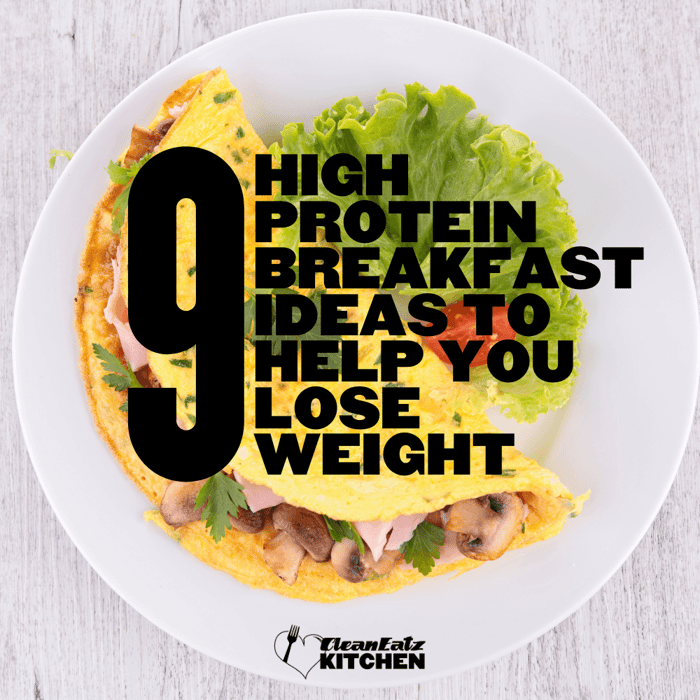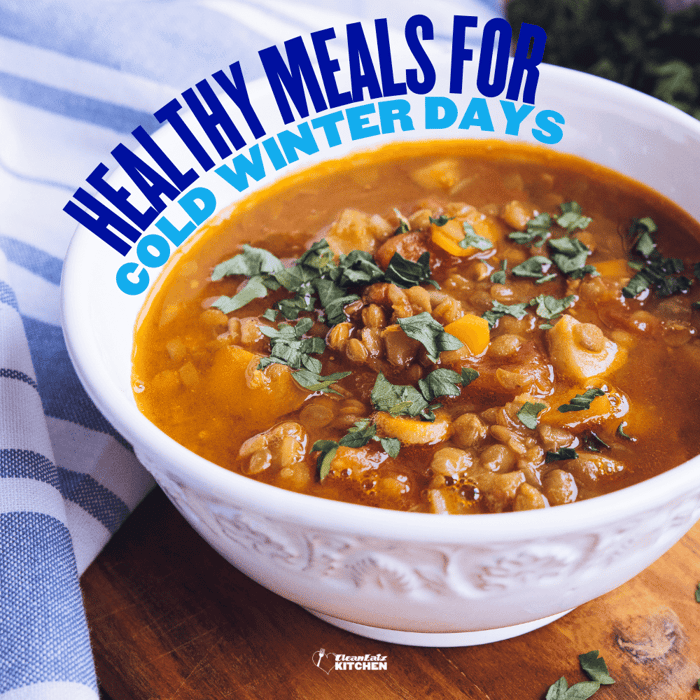Table of Contents
"Are you intrigued by the concept of the "pickle diet"? As an enthusiast of pickles, you might be pondering, "What is the pickle diet, and can it genuinely assist in weight loss?" This article delves into the advantages and disadvantages of the pickle diet, examining whether it holds any truth for effective weight loss. We'll debunk the realities and myths of this diet regimen, aiming to shed light on the question, "What is the pickle diet?"
The Pickle Diet:
The "pickle diet" is an internet sensation in recent times, a fad gaining significant traction. The principle behind this approach to quick weight loss suggests consuming a large quantity of pickles and pickle juice while limiting other food intake throughout the day.
However, it's crucial to understand what the pickle diet entails. Although pickles are low-calorie and high-sodium, they don't supply all the necessary nutrients your body needs to function properly. A diet revolving solely around pickles could result in nutrient deficiencies, potentially triggering severe health issues over time.
Moreover, the high sodium content in pickles and their juice can contribute to conditions such as high blood pressure, kidney disease, and heart problems. Problems like bloating, water retention, and digestive complications can also arise due to the high acidity of pickle juice.
It's worth noting that there is no scientific proof backing the claim that the pickle diet promotes sustained weight loss or other health benefits. In reality, it's more likely to jeopardize your health than aid in healthy, sustainable weight loss.
Rather than falling for fads like the pickle diet, it's vital to prioritize a balanced, nutritious diet inclusive of diverse fruits, vegetables, whole grains, lean protein, and healthy fats. Regular physical activity is equally crucial for maintaining a healthy weight and overall wellness. If you're contemplating weight loss, consulting a registered dietitian or a healthcare professional can guide you in formulating a healthier, sustainable plan.
The History of Pickles
The pickle diet has been intertwined with human history for over 4,000 years. Initially, the ancient Mesopotamians discovered a method of using an acidic brine to preserve cucumbers, essentially inventing the pickle diet. Since then, pickles have become a dietary staple in numerous cultures worldwide.
One historical figure who acknowledged the benefits of the pickle diet was Christopher Columbus. He carried pickles during his voyages as they remained fresh and played a significant role in preventing scurvy. Fast forward to today, and the question often asked is, "What is the pickle diet?" Well, it's a diet that includes consuming pickles regularly due to their longevity and health benefits. Each year, Americans alone consume over 2 million pounds of pickles, making the pickle diet an enduring part of our nutritional landscape.
The Benefits of Eating Pickles
The pickle diet is a delicious and nutritious food option that has been a part of human history for thousands of years. It involves soaking cucumbers or other vegetables in an acidic brine, which gives them their distinctive sour flavor. In addition to their great taste, the pickle diet offers many health benefits that make it a great addition to a healthy lifestyle. If you're wondering what is the pickle diet, it's a way to enjoy the unique flavors and nutritional advantages of pickles, making it a tasty choice for those looking to enhance their diet.
Benefits of Pickles:
- Low in Calories: Pickles are a low-calorie food that can help you feel full without consuming a lot of calories. This makes them a great snack option for people who are trying to lose weight or maintain a healthy weight.
- Good Source of Vitamins and Minerals: Pickles are a good source of vitamins and minerals, including vitamin K, vitamin C, and potassium. Vitamin K is essential for blood clotting and bone health, while vitamin C helps boost the immune system, and potassium helps regulate blood pressure.
- High in Fiber: Pickles are a good source of fiber, which is vital for digestive health and can help lower cholesterol levels.
- Contains Probiotics: Pickles that are fermented contain probiotics, which are beneficial bacteria that help promote gut health and boost the immune system.
- Helps with Muscle Cramps: Pickle juice is rich in electrolytes like sodium and potassium, which can help prevent and relieve muscle cramps. This makes it a popular post-workout drink among athletes.
- Helps Regulate Blood Sugar: The vinegar in pickle juice has been shown to help regulate blood sugar levels, making it a healthy option for people with type 2 diabetes.
- Can Help with Hydration: Pickle juice is a good source of electrolytes, which are important for hydration and can help replenish fluids lost during exercise or other physical activity.
- Supports Heart Health: Pickles are low in fat and high in fiber and potassium, which are all crucial for heart health. Eating pickles as part of a balanced diet can help lower the risk of heart disease.
Pickles and Sodium
While the pickle diet offers numerous health advantages, a significant downside is its excessive sodium content. Sodium does not inhibit weight loss directly, but it can complicate tracking weight loss progress. High sodium intake often results in water retention, which may lead to a temporary increase in weight.
For example, a cup of standard dill pickles, a common component of the pickle diet, contains 1,157 milligrams of sodium. This is about 48% of the suggested daily intake. On the other hand, a cup of sweet pickles, another variety used in the pickle diet, carries 731 milligrams of sodium, equivalent to 30% of the daily value. To circumvent this potential issue of water weight gain and to choose a healthier variation of the pickle diet, one can consider low-sodium pickles that contain only 26 milligrams of sodium per cup.
Therefore, understanding what is the pickle diet and its potential effects, especially concerning sodium content, is crucial for its optimal implementation and achieving desired weight loss results.
How to Incorporate Pickles Into Your Diet
If you love pickles, there are many ways to enjoy them as part of a healthy and balanced diet. Here are some tips for incorporating pickles into your meals and snacks:
- Snack on them raw: Pickles are a great low-calorie snack that you can enjoy anytime. Slice them up and eat them on their own, or pair them with some hummus or other healthy dip for added flavor.
- Add them to sandwiches and salads: Pickles are a great way to add flavor and crunch to your favorite sandwiches and salads. Try adding sliced pickles to your turkey sandwich, or chop them up and add them to your favorite salad for a tasty and nutritious boost.
- Enjoy them as a side dish: Pickles make a great side dish for any meal. They pair well with grilled chicken, fish, or steak and can be a tasty addition to any vegetable or grain-based side dish.
- Use them as a condiment: Pickles can be used as a healthy alternative to high-calorie condiments like mayonnaise or ketchup. Try using pickle slices or relish on your burgers and hot dogs for added flavor without the extra calories.
When incorporating pickles into your diet, it's important to watch your portion sizes and choose pickles that are low in sodium to avoid consuming excessive amounts of salt. Look for pickles that are made with natural ingredients, and avoid those that contain added sugars or preservatives.
Can I Make Pickles at Home?
Integrating the pickle diet into your life can be an enjoyable and straightforward method to relish this scrumptious and nutrient-rich cuisine. Whether you favor dill, sweet, or spicy pickles, the pickle diet allows you to adjust the taste to suit your preferences. With a handful of basic components and a sprinkle of patience, you can indulge in your homemade pickles, teeming with flavor and nutrients. Not only is this fun, but it also provides you a deeper insight into what is the pickle diet and its various variations you can experiment with at home.
Homemade Pickles Recipe:
Ingredients:
● 1 pound of pickling cucumbers
● 1 1/2 cups of water
● 1 1/2 cups of white vinegar
● 1 tablespoon of pickling salt
● 2 cloves of garlic, peeled and sliced
● 1 tablespoon of dill seeds
● 1 tablespoon of mustard seeds
● 1/2 teaspoon of black peppercorns
Instructions:
- Wash the cucumbers thoroughly and slice them into thin rounds.
- In a large pot, combine the water, white vinegar, and pickling salt. Heat the mixture over medium heat until the salt dissolves.
- Add the sliced garlic, dill seeds, mustard seeds, and black peppercorns to the pot and stir to combine.
- Add the cucumber slices to the pot and stir to coat them with the pickling mixture.
- Bring the mixture to a simmer and cook for 5 minutes.
- Remove the pot from the heat and let it cool to room temperature.
- Transfer the cucumber slices and pickling mixture to a large jar or container with a lid.
- Refrigerate the pickles for at least 24 hours before serving to allow the flavors to develop.
- Enjoy your homemade pickles as a snack, or add them to your favorite dishes for added flavor and nutrition.
Conclusion
Embarking on the pickle diet at home can be an engaging and straightforward method to savor this delightful and nutrient-rich food. Just a handful of uncomplicated ingredients and a bit of patience can lead you to create homemade pickles, packed with taste and health benefits. Be it dill, sweet, or spicy pickles, you can modify the taste according to your preference and bask in the plethora of health advantages that the pickle diet offers.
However, if you're seeking an uncomplicated route to boost your nutrition and shed pounds, don't solely depend on what is the pickle diet. Clean Eatz Kitchen can aid in accomplishing all your fitness aspirations. With personalized meal plans, you're guaranteed to find an extensive selection of various meals that are both satisfying and appetizing - freeing you from the necessity of sustaining solely on the pickle diet! So, discard taking extreme steps to lose weight, and instead, explore what Clean Eatz Kitchen has to offer.
FAQ
Are sweetened pickles good for weight loss?
Sweetened pickles are not typically considered good for weight loss because they are higher in calories and added sugars than unsweetened pickles. Additionally, many sweetened pickles may contain high amounts of sodium and other preservatives, which can contribute to water retention and make it harder to lose weight. If you are looking to lose weight, it is best to opt for unsweetened pickles or low-sugar alternatives.
Is the pickle diet a hoax?
Yes, the "pickle diet" is generally considered a hoax. While pickles can be a healthy addition to a balanced diet, there is no scientific evidence to support the idea that eating large amounts of pickles or drinking pickle juice will lead to significant weight loss. Additionally, relying on pickles as a primary source of nutrition is not a healthy or sustainable approach to weight loss.
Do pickles and vinegar make you gain weight?
Pickles and vinegar are generally not associated with weight gain. In fact, vinegar has been shown to have potential weight loss benefits by improving insulin sensitivity and helping to regulate blood sugar levels. However, it is essential to choose pickles and vinegar that are low in sodium and added sugars, as these can contribute to water retention and make it harder to lose weight.
What are the health benefits of pickle juice?
Pickle juice has several potential health benefits, including:
- Hydration: Pickle juice is a good source of electrolytes, which can help replenish fluids lost during exercise or physical activity.
- Digestion: The probiotics in pickle juice can aid in digestion and help regulate the gut microbiome, which can lead to improved overall health.
- Blood sugar regulation: The vinegar in pickle juice has been shown to help regulate blood sugar levels, making it a healthy option for people with type 2 diabetes.
- Muscle cramp relief: Pickle juice is rich in electrolytes like sodium and potassium, which can help prevent and relieve muscle cramps.
- Heart health: Pickles are low in fat and high in fiber and potassium, which are all important for heart health. Eating pickles as part of a balanced diet can help lower the risk of heart disease.




